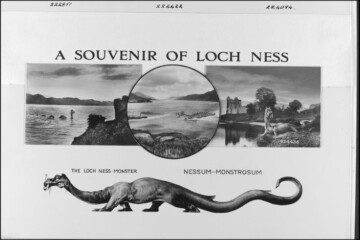
Nessie loves a sunny summer’s day – how anecdotes become data
New research from the University of St Andrews has used a database of Loch Ness Monster reports to translate anecdotes into data.
We use cookies to optimise site functionality and give you the best possible experience

New research from the University of St Andrews has used a database of Loch Ness Monster reports to translate anecdotes into data.

The University of St Andrews’ School of Art History is teaming up with education charity Art UK on an pioneering project to research and tell stories about the art collection owned by the UK public.
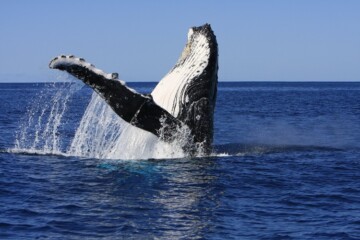
New research led by the School of Biology finds whale song has a human language-like structure
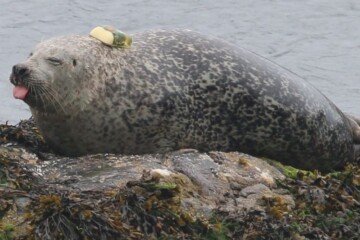
SMRU aerial surveys revealed harbour seal numbers in The Wash (southeast England), the main population centre in England, are ~25% lower than in 2018
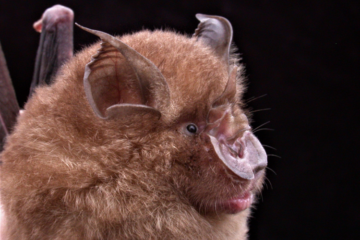
New research from the University of St Andrews has shown that bats can tolerate coronaviruses and other viruses without becoming ill.
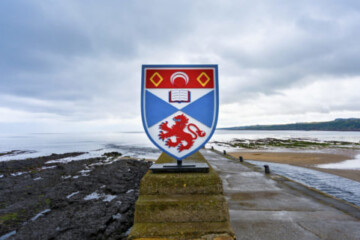
Groundbreaking research from the University of St Andrews School of Medicine has found that biomarker testing in individuals at risk of lung cancer led to a major reduction in deaths.
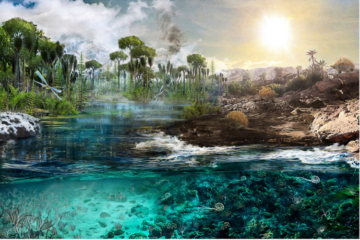
Researchers have shed new light on the fundamental role played by carbon dioxide (CO2) in Earth’s geological warming and cooling.

The mystery location of a giant volcanic eruption that has puzzled scientists for almost 200 years has finally been solved.

An ongoing study led by Dr Giulia Giunti from the University of St Andrews Business School is highlighting forms of workplace discrimination towards those without children.

New research from the University of St Andrews has revealed that cumulative exposure to air pollution is linked to a heightened risk of admission to hospital for mental/behavioural as well as physical illness